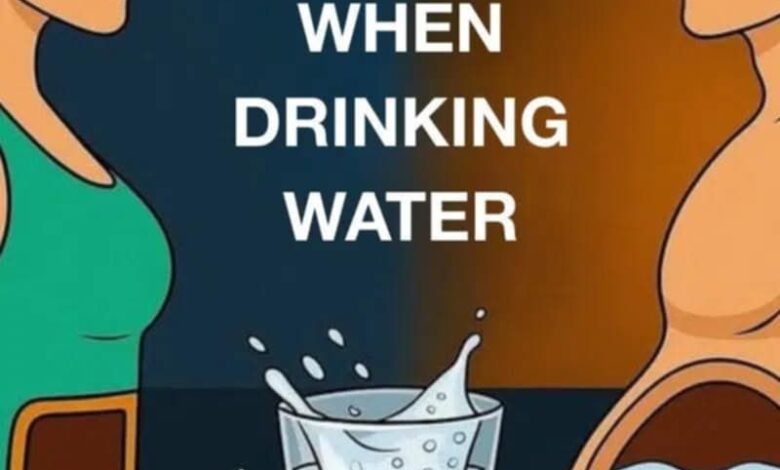5 Critical Hydration Mistakes That Impact Your Health and Wellness

Proper hydration appears deceptively simple, yet many health-conscious individuals make common mistakes that can undermine their wellness goals. While drinking water is essential for optimal health, there are specific hydration strategies that can actually increase thirst and reduce the effectiveness of your daily water intake.
Understanding these hydration mistakes can transform your approach to healthy living and support better fitness results, weight management, and overall wellness.
1. Poor Exercise Hydration Timing
The Mistake: Many fitness enthusiasts focus on drinking water during workouts but neglect pre-exercise hydration preparation.
Even with consistent water consumption during physical activity, inadequate pre-workout hydration can lead to headaches and decreased performance. Health experts recommend consuming at least 8 ounces (240ml) of water approximately 30 minutes before beginning any exercise routine.
Healthy tip: This pre-workout hydration strategy supports optimal athletic performance and helps prevent exercise-related dehydration symptoms.
2. Following Outdated Hydration Guidelines
The Mistake: Blindly adhering to the “8 glasses daily” water consumption rule without considering individual needs.
The U.S. Institute of Medicine actually recommends approximately 11.4 cups of fluid daily for women and more for men, though individual hydration requirements vary significantly based on body composition, activity level, and environmental factors.
Personalized approach: Your optimal daily water intake depends on your body weight, physical activity, and overall health status. A general guideline suggests dividing your body weight (in pounds) by two to determine your minimum daily water intake in ounces.
Important note: Water from food sources like fruits and vegetables contributes to daily hydration goals. For example, one apple provides hydration equivalent to approximately one cup of water, reducing the need for excessive plain water consumption.
3. Avoiding Caffeinated Beverages Unnecessarily
The Mistake: Eliminating coffee and tea from hydration calculations due to caffeine content concerns.
While caffeine has mild diuretic properties, the fluid content in coffee and tea still contributes positively to overall hydration status. Medical research confirms that moderate caffeine consumption doesn’t significantly impact hydration levels for regular consumers.
Balanced approach: Including coffee and tea in your daily fluid intake is more beneficial than avoiding these beverages entirely, especially for those following healthy lifestyle practices.
4. Inadequate Daily Water Consumption
The Mistake: Only drinking water when experiencing thirst or during physical activity.
Relying solely on thirst signals can lead to chronic mild dehydration, which increases the risk of developing kidney stones and urinary tract health issues. Consistent hydration throughout the day supports kidney function, digestive health, and metabolic processes.
Prevention strategy: Maintain regular water intake patterns throughout the day, regardless of immediate thirst sensations, to support optimal organ function and disease prevention.
5. Confusing Hunger and Thirst Signals
The Mistake: Misinterpreting thirst cues as hunger, leading to overeating and inadequate hydration.
This common confusion can sabotage weight loss efforts and healthy eating goals. Many people consume excess calories when their body actually needs hydration support.
Smart solution: Drink water before meals to clarify true hunger levels. This practice supports portion control, aids digestion, and helps distinguish between genuine nutritional needs and hydration requirements.
Morning routine tip: Begin each day with water consumption immediately upon waking to establish proper hydration levels and support metabolic function throughout the day.
Optimizing Your Hydration Strategy
Implementing these evidence-based hydration practices supports overall health, enhances fitness performance, and contributes to successful weight management. Remember that proper hydration is a cornerstone of preventive healthcare and wellness optimization.
For personalized hydration recommendations, especially if you have underlying health conditions or take medications, consult with healthcare professionals who can provide tailored advice for your specific wellness journey.